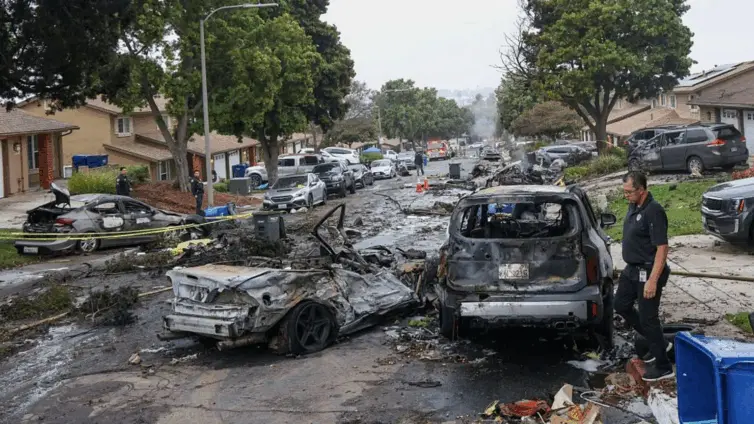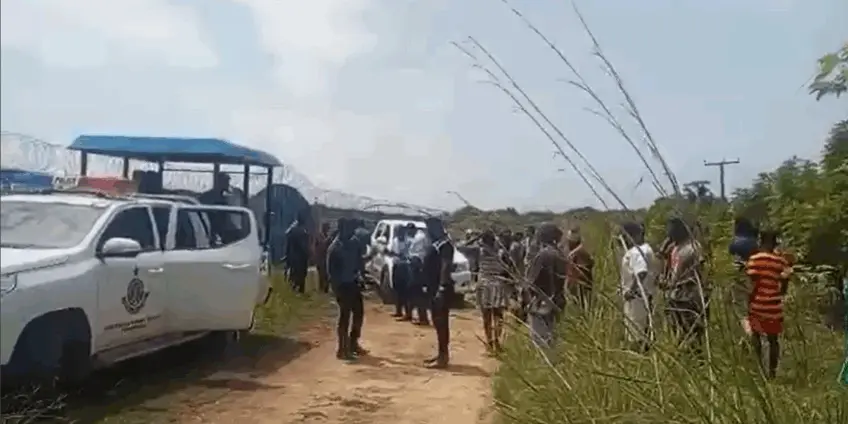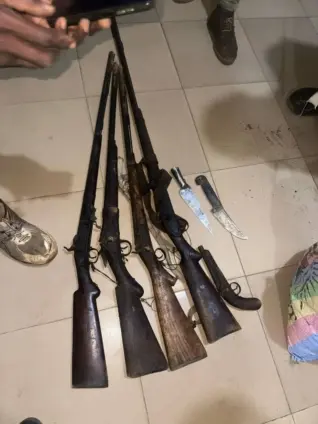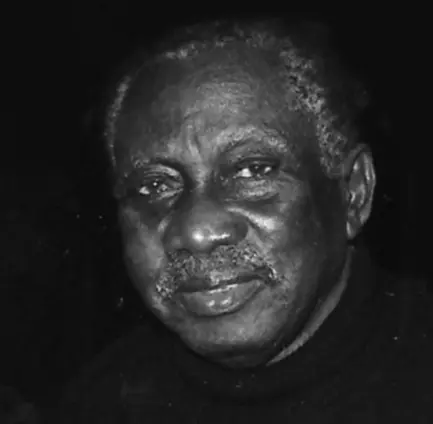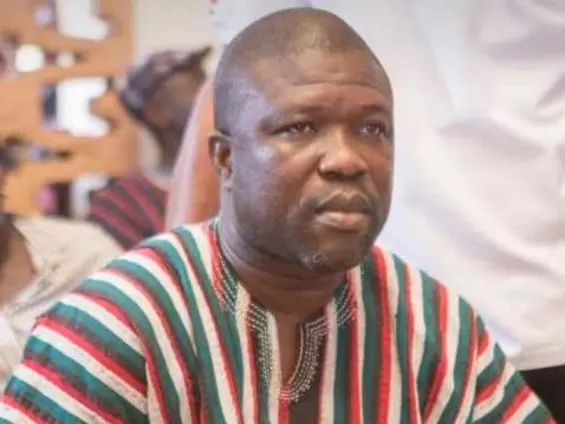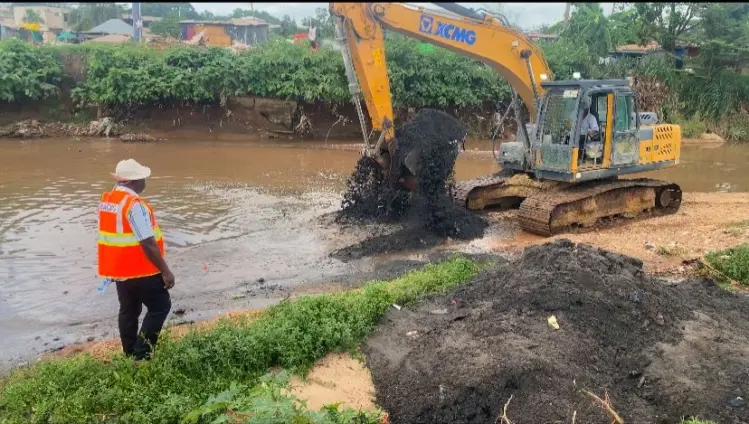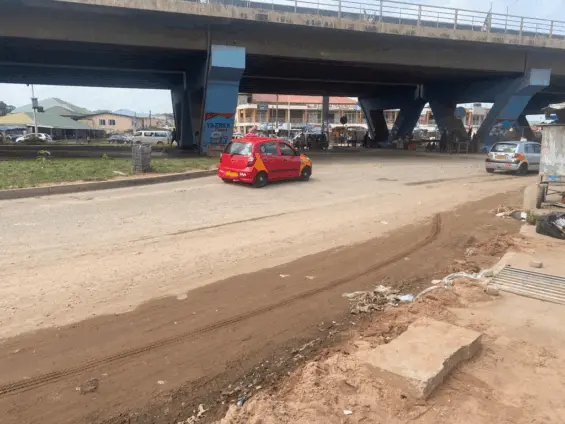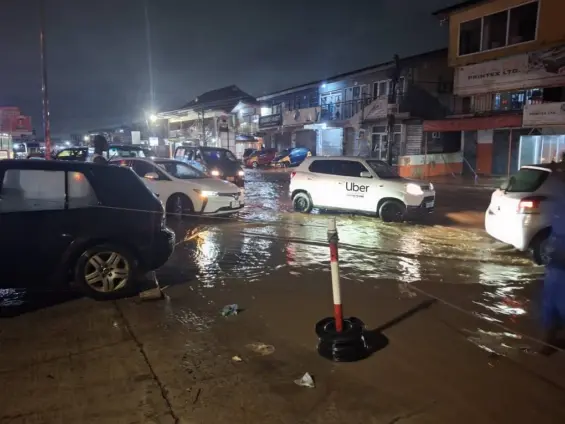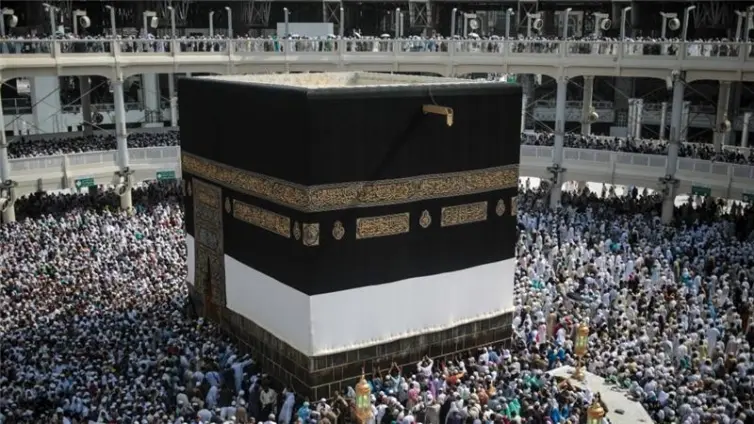The killing of Mohammed Seidu Akugri, the District Director of the Bongo National Health Insurance Authority (NHIA), near Nagode, signals a dangerous turn in the already fraught Bawku conflict. Akugri was ambushed, murdered, and his body was burned – an act that has sent shockwaves throughout the Upper East Region. The incident underscores the escalating violence and the increasingly brazen nature of attacks in the area. The Bawku conflict, long a source of instability, appears to be entering a new and alarming phase.
Details surrounding the attack remain scarce, but initial reports suggest that Mr. Akugri was traveling near Nagode, a location close to Bolgatanga, when he was targeted. The brutality of the assault, with the attackers not only killing him but also setting his body ablaze, indicates a level of animosity and a desire to send a chilling message. The Bawku conflict has claimed many lives, but the killing of a public official in this manner represents a significant escalation.
The murder has triggered widespread fear and condemnation. Authorities are under increasing pressure to bring the perpetrators to justice and to restore a sense of security to the region. But the challenges are immense, as the Bawku conflict is deeply entrenched and fueled by a complex web of ethnic, political, and economic factors.
The implications of this targeted killing are far-reaching. Security analysts warn that it could be a deliberate attempt to undermine peace efforts and to further destabilize the region. “This incident marks one of the most high-profile killings linked to the Bawku unrest,” one security analyst noted. The concern is that this could trigger a cycle of revenge attacks, further exacerbating the already volatile situation.
Traditionally rooted in ethnic and chieftaincy disputes, the Bawku conflict is now witnessing targeted killings of public officials. The shift raises concerns about a deliberate attempt to destabilize the region and instill fear among those who are working to maintain order and provide essential services.
The Upper East Regional Police Command has launched a manhunt for the perpetrators, but the vastness of the area and the challenging terrain make the task difficult. The murder highlights the vulnerability of workers and essential service providers in conflict zones, raising questions about the level of protection afforded to them. There are growing concerns that the crisis could spread to neighboring districts, further straining resources and destabilizing the entire region.
This incident underscores the urgent need for a lasting solution to the Bawku conflict. What steps are being taken to protect public officials in the region? How can the underlying causes of the conflict be addressed to prevent further violence? What role can community leaders play in de-escalating tensions and promoting peace? These are critical questions that must be answered if the cycle of violence is to be broken.
The safety of workers and essential service providers in conflict zones is of utmost importance, and the recent high-profile killing has amplified the need for enhanced security measures. The Bawku conflict requires immediate attention from the government, community leaders, and security agencies to ensure a sustainable resolution is found and implemented.
The murder of NHIA Director Mohammed Seidu Akugri marks a significant and alarming escalation of the Bawku conflict. This targeted killing highlights the deteriorating security situation and the urgent need for decisive action. As the Upper East Regional Police Command investigates, it is crucial to address the root causes of the conflict and implement strategies to protect vulnerable populations. A sustainable resolution to the Bawku conflict is essential to prevent further violence and ensure the safety and well-being of all residents. Further developments will be updated as the investigation progresses.
Image Source: MYJOYONLINE


